LomoWomen: Martina Hache and Women in the Cultural Scene
16 Share TweetFor this installment of LomoWomen, we reached out to photographer and videographer Martina Hache. She shared with us her work and experiences as a woman in this area.

Hi! Welcome to the Lomography Magazine! Please, introduce yourself and tell us a bit about your photographic style.
I am a photographer and filmmaker based in Madrid. I was born in a town in Southern Madrid in 1995. I became a photographer as an autodidact and I studied Photography Direction at the Cinema Institute in Madrid. Due to my interest in videography and fashion, I directed a few fashion films and I started my career as an advertising director. With Sara Gallego and Mer Crespo, we created a feminist collective named SALEM. It all started when three people with similar interests and visions got together to work on new projects. We were inspired by the union W.I.T.C.H. and for the idea of defending our position in the cultural industry. We want to give a chance to women to be part of the head offices, show diversity and make the art industry a bit more equal for all.
On a personal basis, my job as a photographer focuses on natural portraits, with not many post-production and respecting the original photo. I find myself very comfortable in analog photography. I am also still working on advertising and publicity.
What or who inspires you?
I always felt very inspired by cinema – by seeing each frame as a photograph, composition, and light. And the narrative that gives sense to all the visual components.
Which kind of differences and challenges do you think that women still need to pass in the artistic world?
I recently heard a talk by Paula Vaccaro where she said that, according to the global economic forum, we would not see total equality on men and women until the year 2186. For instance, in Arts Studies at University 70% of the students are women, however, in 2019 73% of the artists selling their work in galleries were male. Spanish women only represented 6,1% of that total (83 of 1356 creators). In the audiovisual area, where I mostly work, women represent 52% of the cinema students, but only 4% become film directors.
This a big problem that is coming from education, institutions, and places that are relegated for us. We as women grow up believing that men deserve to be the powerful and valuable figures, so we end up relying on this. Being a woman in a fight. It is very important that we have a voice. It is very important that we are visible to show what we are capable of (that I am sure it is a lot). But there are still people out there that don’t believe in us and make us feel that we have less value – our mistakes count double and our victories are not that important.
I don’t believe in a “female point of view” of arts – I believe in a feminist point of view against sexism. Our part in the working world is important. Being able to work and exist in the artistic sphere will help the feminist movement and it is very important that we have a place to show what we are capable of creating, the ideas we have, and how valid we also are. And, even if you don’t like it, it is a reality and we need to keep fighting to defend our place because that 2186 is still quite far away so, at least from my side, I want to do my best to make it a reality.
Could you share any remarkable challenge you experienced when you were starting in photography? Which kind of challenges do you find nowaday and how different are from the ones at the beginning?
I think every day is a challenge. Every piece of work is a different challenge itself —you need to defend your ideas, your work and try to make them believe in what you do. As a woman, it is a double challenge; as a young woman, it is even triple. Nowadays I have the portfolio that backs me up, makes me more confident and shows my aptitudes to the world. But I keep learning every day and I am lucky to get to know people on the way, who helped me in all kinds of situations.
In previous years, there has already been a rise of prominent women and feminist movements not only in photography but in the art world, in general. In what ways do you think we could continue moving forward and away from gender inequality within the art world?
I think it is important to create new initiatives that back us up, help us to share our work and give us a voice. I strongly think that we need to keep doing an effort to make this fight inclusive., helping out less privileged groups because, if we are not doing it, the fight is not real.
Which advice would you give to other women who would like to start in the photography and arts’ world?
To not give up – this is something that takes time. To believe in themselves, not like ego, but trying to love themselves and what they do – the way to reach the goal is long and we need to learn from it. And also, that being women in this area is harder but here we are to help each other, listen to each other and share. It is very important that we create a network together to help each other to grow.
Tell us about your upcoming projects
I am currently working on a photo book with texts and I am hoping to start writing a script for a movie soon.
Many thanks to Martina for answering our questions and sharing with us her talent and experience! Follow her on Instagram and check out her Vimeo to not miss anything new!
written by tatianapons on 2020-03-20







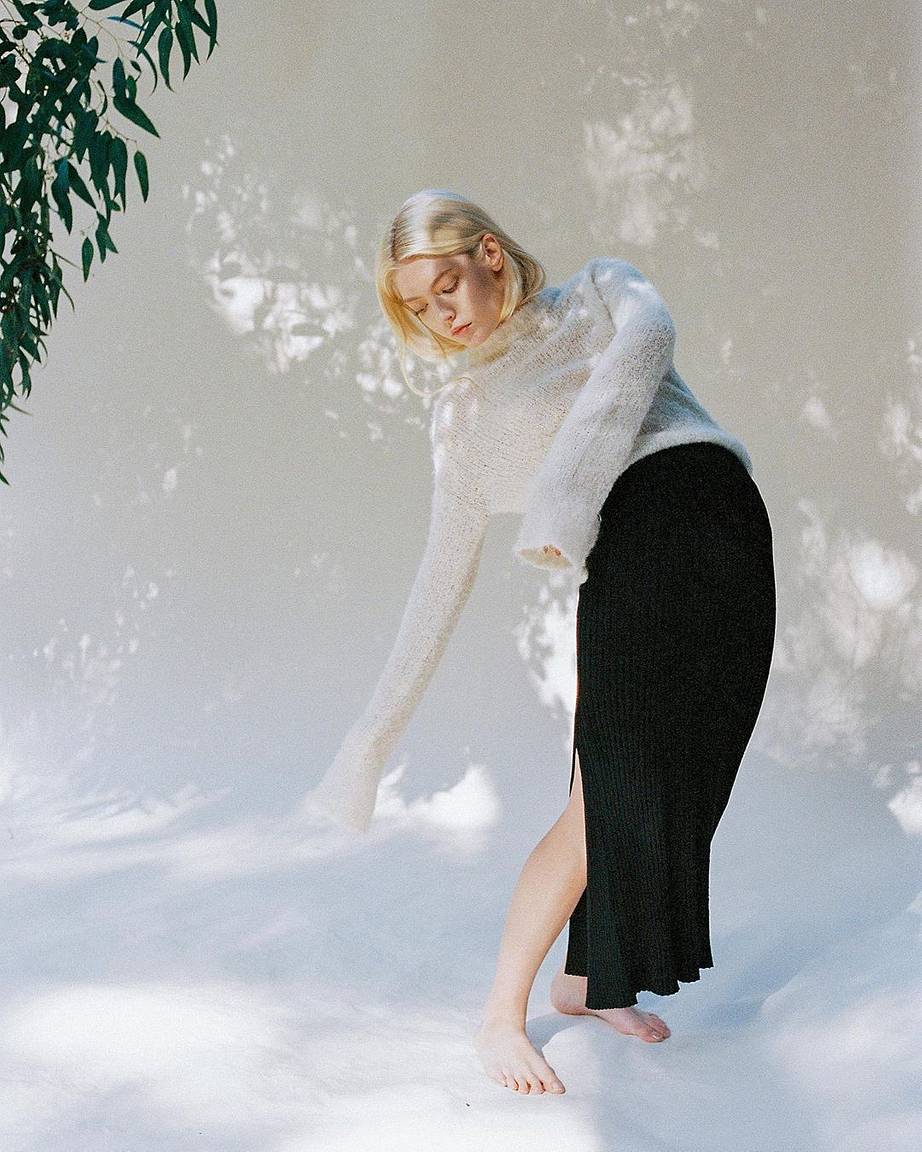




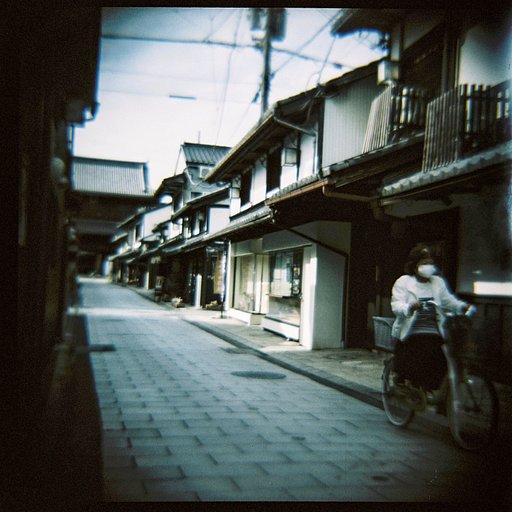


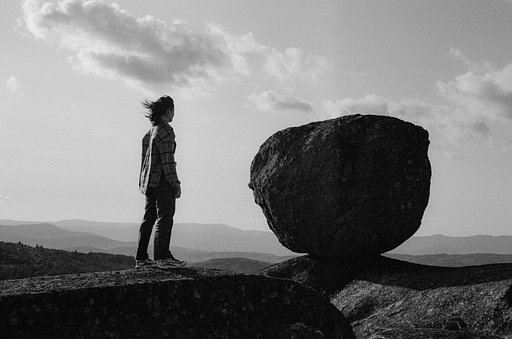


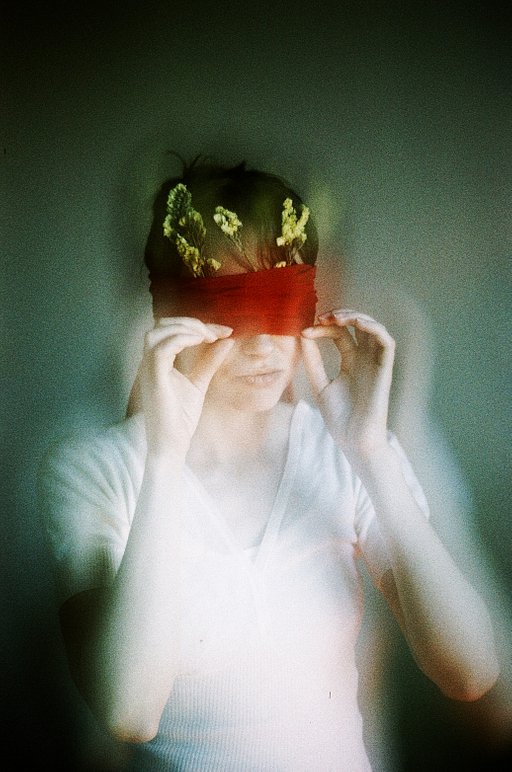





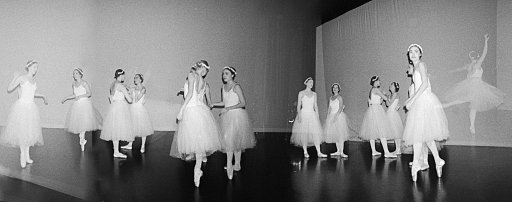
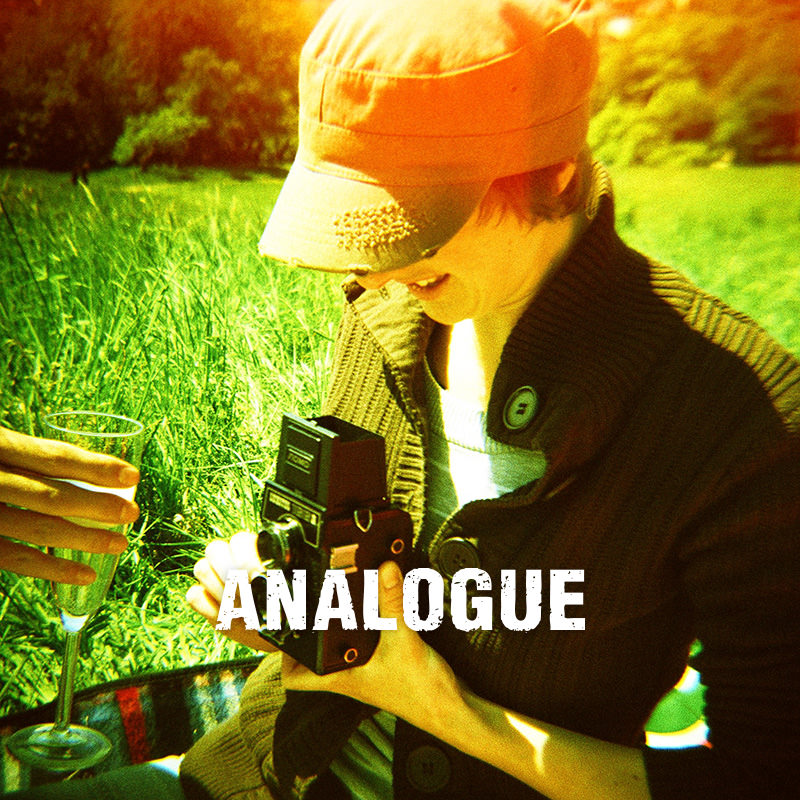
No Comments